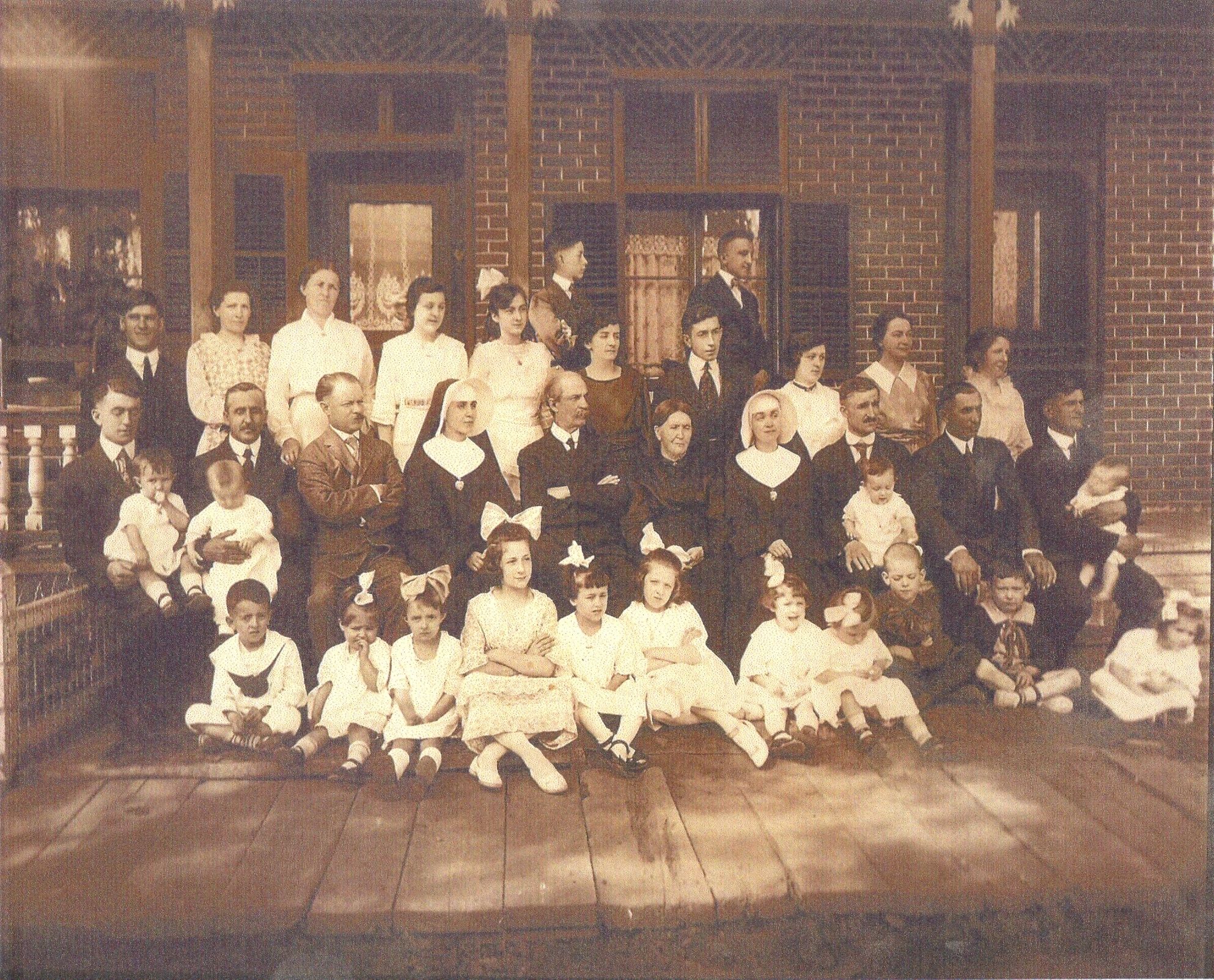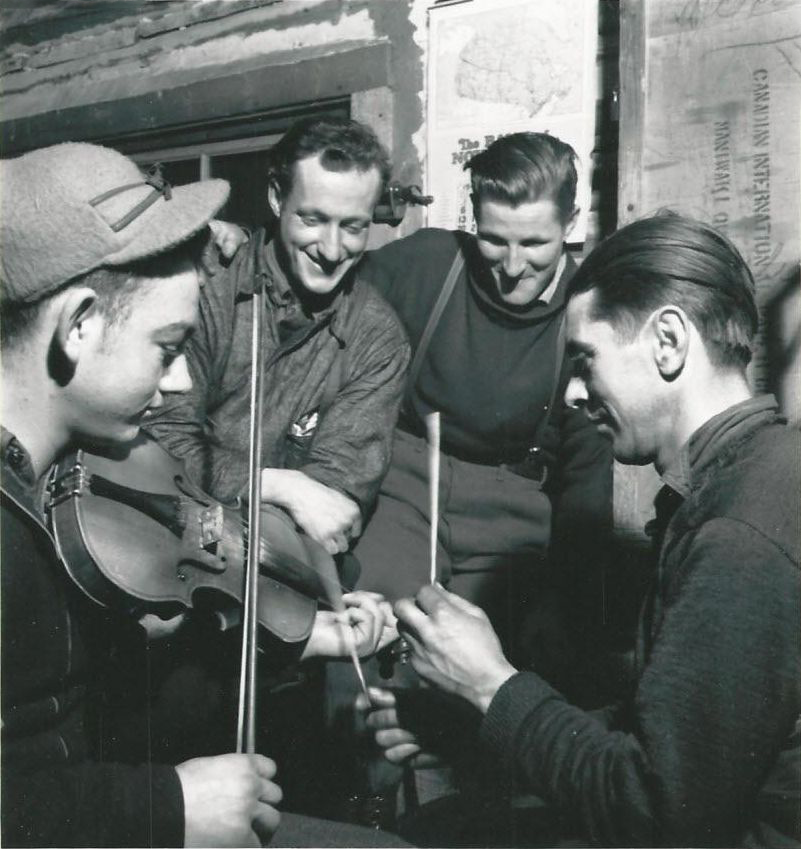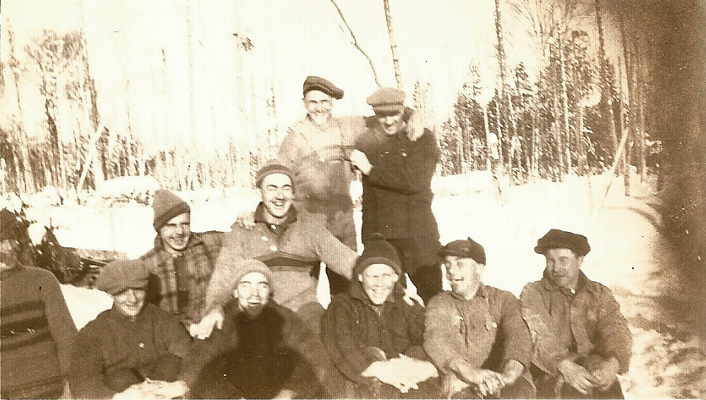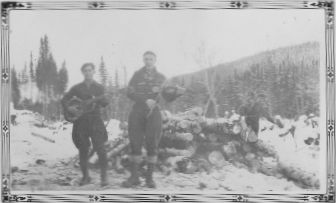Léa Miron
Carnet
«Ceux qui ne rêvent pas sont bien à plaindre » Citation de Marie-Claire Blais, oeuvre : Le loup -1972.
Près de trois générations se sont écoulées avant de recevoir quelques brides de la nouvelle vie que vivaient leurs ancêtres en Amérique du Nord. Ils n'ont aucun récit, souvenir ou message des pères, maris, fils ou oncles partis à tout jamais de Chine.
Comme témoin privilégié de la vie de ces personnages et pour répondre à la demande d'amis et de relations qui vivent soit en Chine, à Hong Kong, à Toronto, à Ottawa, à Nuremberg, à Montréal, où, ailleurs, j'ai rêvé en écrivant ce livre à la traduction en langue chinoise de ce roman à caractère social et historique.
Nous connaissons le culte des Chinois pour leurs ancêtres, cette histoire pourrait ajouter sur la tablette funéraire de leurs ascendants, entre l'encens et le papier monnaie, un petit mot de remerciement pour leur bravoure et leur résilience.
En attendant, mes écrits se portent sur l'écriture d'un troisième livre en me répétant :
« Travaillez pour travailler, sans trop rêver du résultat »
Citation de Émile Zola; oeuvre ; Correspondance (1858-1871)
Traductrice chinois et anglais : Rainbow Pun










English
"Those who do not dream are to be pitied" Marie-Claire Blais, -1972
As a privileged witness of the lives of these characters and to meet the request of friends and relatives who live either in China, Hong Kong, Toronto, Ottawa, Nuremberg, Montreal and elsewhere; I dreamed as I was writing this book filling with social and historical characteristics, wishing that it can be translated in Chinese.
Nearly three generations have passed, they had never received any scripts from their ancestors who lived in North America on their new lives. They have no story, memory nor message regarding their fathers, husbands, son or uncle who were from China.
As we know, Chinese worship their ancestors, this story could be added to the funerary tablet of their ancestors, between the incense and paper money, a quick word of thanks for their bravery and resilience.
In the meantime, I am in the middle of writing my third book by repeating to myself:
"Working for the work without dreaming too much on result" -Émile Zola (1858-1871)
Lea Miron fiction Joseph and Jie Fu sons of runners in the forest, in Outaouais Éditions At the beginning of the 20th century, these two boys grew up together in Ottawa. The story talks about one of these characters who returned to China around the year 1925.
The story is a portrait of the society, which addresses particularly intolerance of a disabled person and the way that the society treated Chinese in Canada at that time. It was written by reconstructing the facts of the political history, life, habits and customs of ordinary people during that period. Perhaps you will recognize one of your ancestors, your great-great-grandmother, your grandfather or children of your close friends among one of the fictional characters in this book.
"Vincent wants to go home before dusk. He goes to his boat and dragging it to the edge of the shore. He lays his bag and items purchased for Laurie in the middle of the boat. An unusual noise makes him turn away but he sees nothing. His oar in hand, he heard moaning again. Sound like the complaint of a wolf cub. He drops his oar on the sand, turns and sees under a white willow, an ash bucket similar to the one found in the trains. The bucket with flared beak is partly covered with a black cloth and seems immersed. Vincent approaches, removes the cloth and sees a tiny little baby, moaning, naked, coated with viscous materials ..."
 - English
- English



